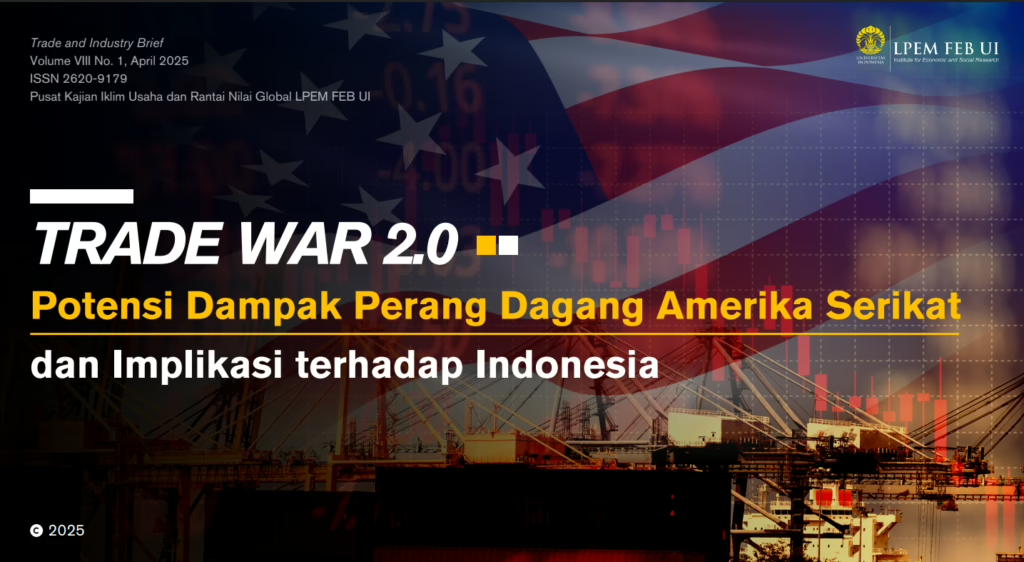Abstract
The purpose of the paper is to examine the rationale of current institutional and governance structure and the roles of various public and private agencies involved in this process. The paper found that drawn by lucrative profits the industry has attracted many entrants which intensify competition among sending firms. The most obvious change brought by this development is the increase of recruitment costs. This has also affected the supply-demand imbalances which in turn has profound impacts on the distribution of values (rents) in the industry. Some of the increase in recruitment costs can also be attributed to the introduction of the law 39/2004 which formalizes the role of local recruiters (brokers) though it also provides some protection to workers. But the net benefits may not be great since sending firms can always shift the burdens to workers through salary deductions in the first few months of working contracts. The effort to create a new independent agency as mandated by the new law to provide implementing service, coordination and monitoring of international migrant workers has yet to bear fruit. A clear division of labor is needed, but due to the huge rents involved this may need political intervention from the highest level of government.
Source : REPEc.




